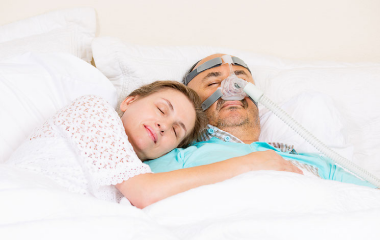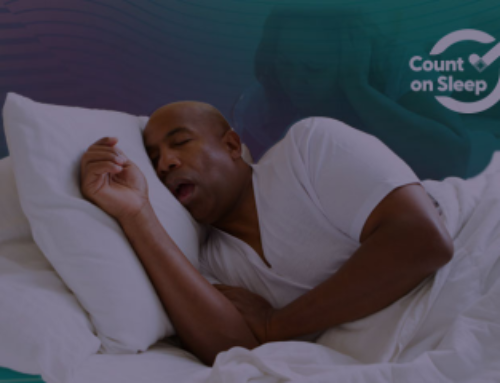Sleep experts warn that you should pay close attention to your sleep needs as daylight-saving time (DST) begins early Sunday morning, March 11.
Although the time change involves the loss of only one hour, it can have a negative effect on your mood and alertness. Studies have shown that there may be a link between sleep loss and an increase in traffic accidents the day after the time change.
Dr. Ralph Downey III is the medical director of the Sleep Disorders Center at Loma Linda University Medical Center in Loma Linda, Calif. He suggests that you should plan ahead for the time change.
“People should set their clocks back before the weekend starts,” he said. “They should start living like it is already Monday. This advice doesn’t sound too great on a Saturday, but it will feel better on Monday.”
Go to bed 15 or 20 minutes earlier each night before the time change. This will help ease your body into the new schedule. Changing other routines also may help your body clock adjust. For example, you may want to eat dinner an hour earlier than normal.
Experts also warn you to be careful if the time change makes you drowsy. Try to keep a light schedule of activities. Avoid driving if you feel sleepy.
People who use positive airway pressure (PAP) to treat sleep apnea should monitor their machine over the weekend. The U.S. Food and Drug Administration warns that the time change may affect some medical devices. Any device that uses, creates, or records the time may not function properly after the time change.
Older medical devices are not programmed with the new dates for DST. This is the first year that DST begins in March instead of April. It also lasts a week longer, ending on November 4.
The FDA advises you to contact the maker of your medical device to see if a programming update is needed. If you are unable to reach the maker, then contact your doctor.
DST officially begins at 2 a.m. on Sunday, March 11. Check your medical device after DST begins to see if the display shows the correct time.
The American Academy of Sleep Medicine offers these tips to help you adjust to daylight-saving time:
- Begin to adjust your sleep schedule a few days before the time change. Go to bed earlier each night.
- Eat dinner or perform other routines an hour earlier.
- Be careful when driving or operating machinery on the day of the time change.
- Avoid napping before bedtime.
- Keep a light schedule on the Monday after the time change.
- Eat properly, drink plenty of water and get some exercise.
It is important to discuss any sleep problems with a primary care doctor. He or she may refer you to a sleep specialist for more help.
The amount of sleep you need depends on many factors. Most adults should get seven-to-eight hours of sleep each night to feel alert and well rested.





